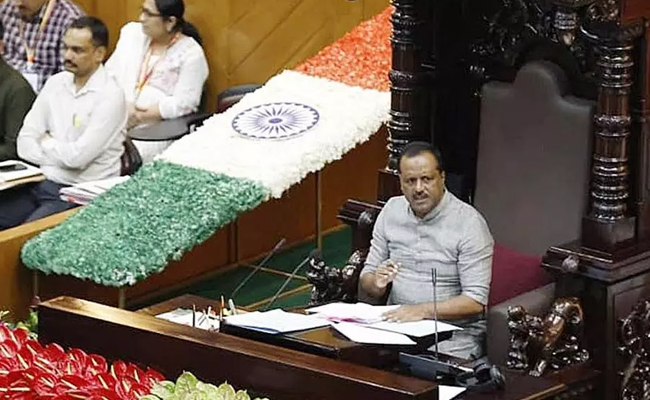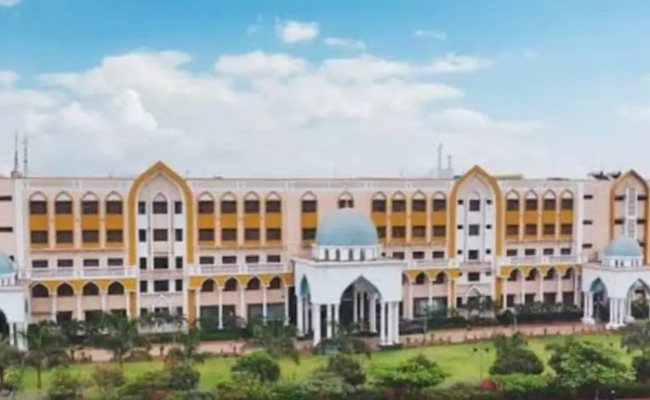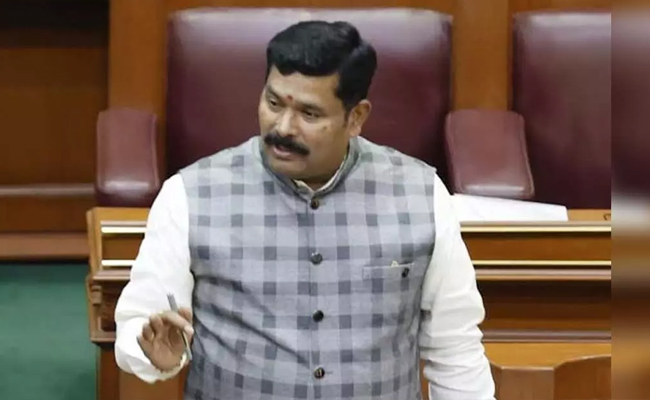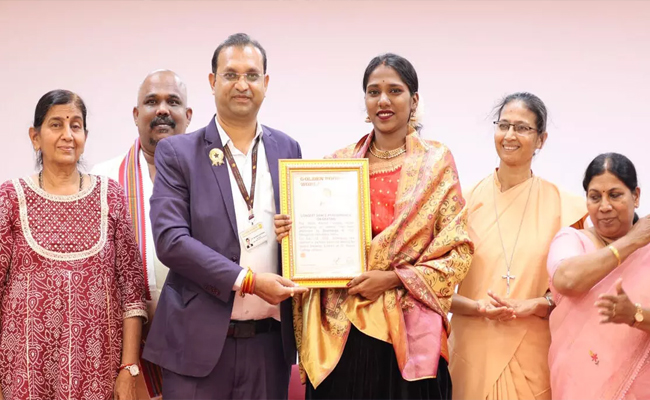New Delhi (PTI): The Centre has urged all states to make snakebite cases and deaths a "notifiable disease" under relevant provisions of the State Public Health Act or other applicable legislation making it mandatory for all government and private health facilities (including medical colleges) to report all suspected, probable snakebite cases and deaths.
Snakebites are an issue of public health concern and in certain cases, they cause mortality, morbidity and disability, Union Health Secretary Punya Salila Srivastava said in a letter.
The farmers, tribal population etc. are at higher risk.
In order to address the issue of snakebite, Ministry of Health and Family Welfare, Government of India, has launched the "National Action Plan for Prevention and Control of Snakebite Envenoming (NAPSE) from India by 2030" in consultation with relevant ministries and stakeholders, Srivastava mentioned.
The objective of the action plan is to halve the snakebite related deaths by the year 2030, she underlined.
The plan has defined strategic components, roles and responsibilities of various stakeholders involved in snakebite management, control and prevention.
One of the key objectives under the NAPSE is to strengthen the surveillance of snakebite cases and deaths in India.
"A robust surveillance system is essential for accurately tracking snakebite incidents and deaths, which will provide valuable data to inform and evaluate the effectiveness of interventions," Srivastava said in the letter on November 27.
Therefore, a mandatory notification of all snakebite cases and deaths is required to strengthen snakebite surveillance, she emphasised.
It will help the stakeholders gauge accurate burden, high risk areas, factors responsible for deaths of snakebite victims, etc. resulting in improved clinical management of snakebite victims.
Further, notification of snakebite cases and deaths will also improve reporting from private health facilities, she said.
"You are requested to make snakebite cases and deaths a "notifiable disease" under the relevant provisions under the State Public Health Act or other applicable legislation making it mandatory for all government and private health facilities (including medical colleges) to report all suspected, probable Snakebite Cases and deaths in the enclosed format," she said in the letter.
Let the Truth be known. If you read VB and like VB, please be a VB Supporter and Help us deliver the Truth to one and all.
Belagavi: Speaker U.T. Khader on Friday warned that members who disrupt Assembly proceedings by talking in their seats during debates will be made to sit in the House for an entire day as a disciplinary measure.
The warning came after the Question Hour, when Deputy Leader of the Opposition Arvind Bellad was permitted to initiate a discussion on the development of North Karnataka.
At this point, expelled BJP MLA Basanagouda Patil Yatnal objected, stating that he had been seeking a debate for the past three days but had not been given an opportunity.
ALSO READ: IndiGo board ropes in external aviation expert for flight disruption probe
Responding to the objection, Speaker Khader said Bellad had already been granted permission and assured Yatnal that he would be allowed to speak at the next opportunity. He noted that even as a serious discussion was underway, several MLAs were speaking among themselves with their microphones on, disrupting the proceedings.
Expressing displeasure over the conduct of members, Khader likened the situation to football, where players receive red, yellow, or white cards for violations. Similarly, he said, the Assembly issues warning cards to members who disturb the House. If they fail to correct themselves despite repeated warnings, they would be required to remain seated in the Assembly hall for a full day as punishment, he stated.





